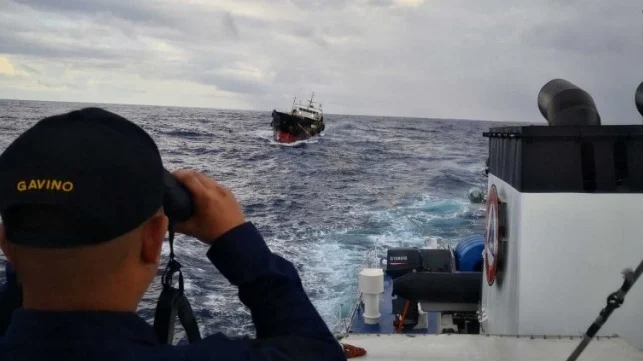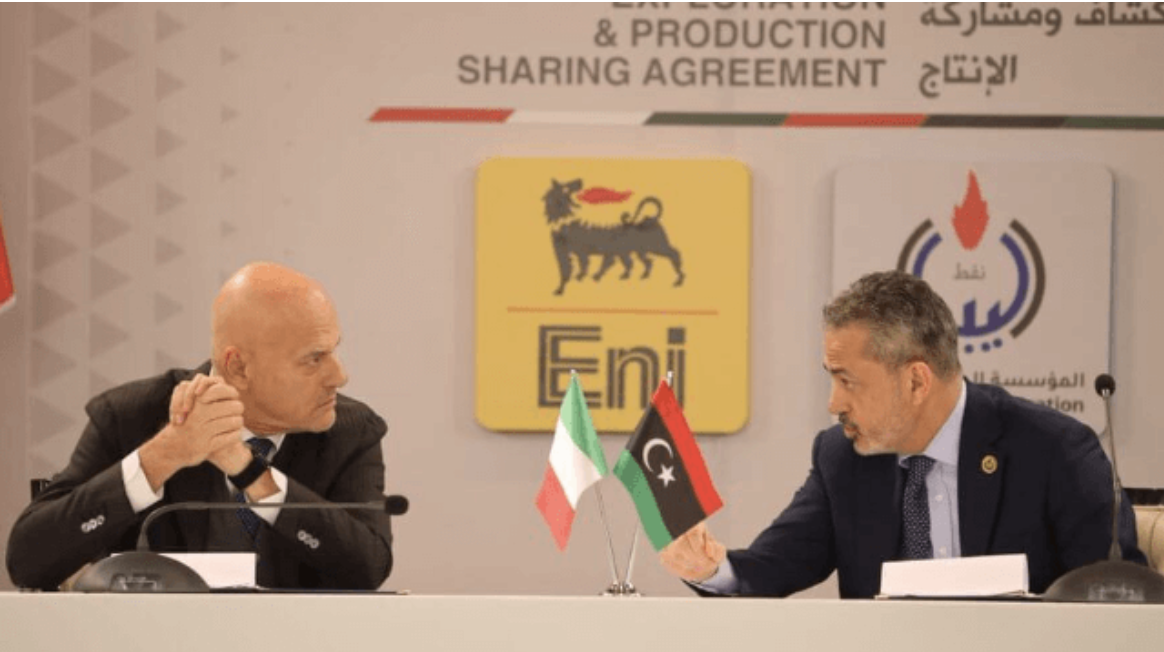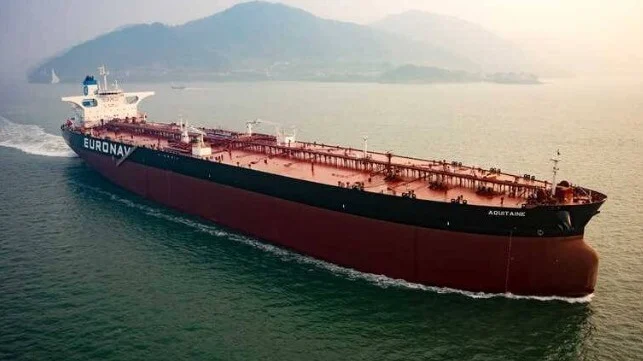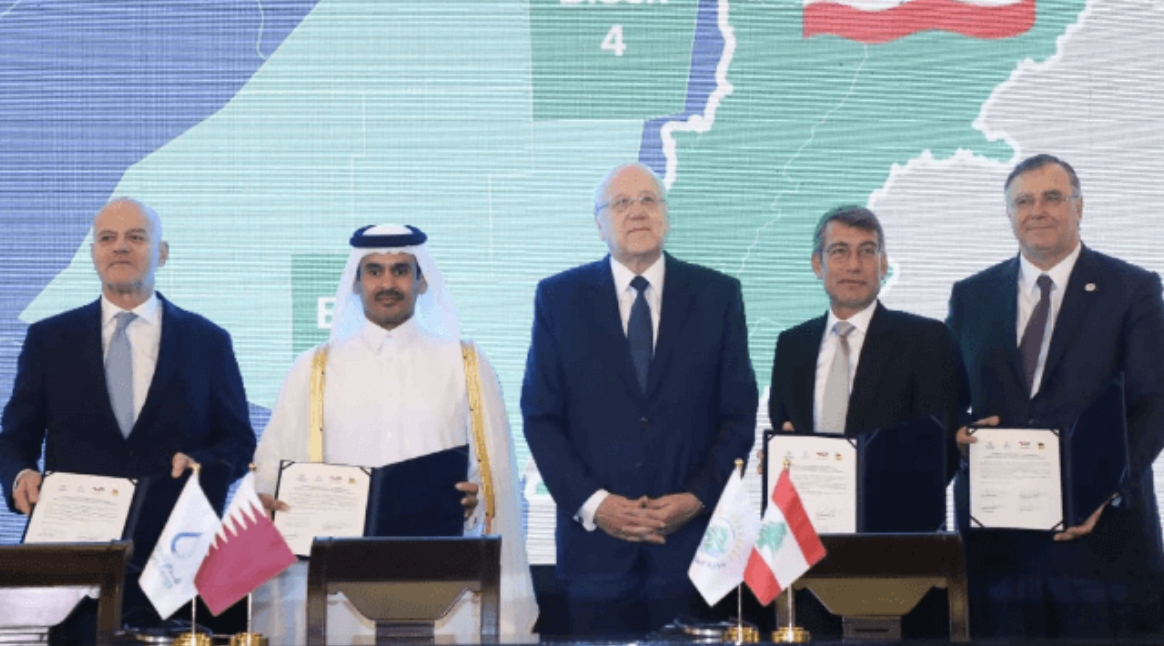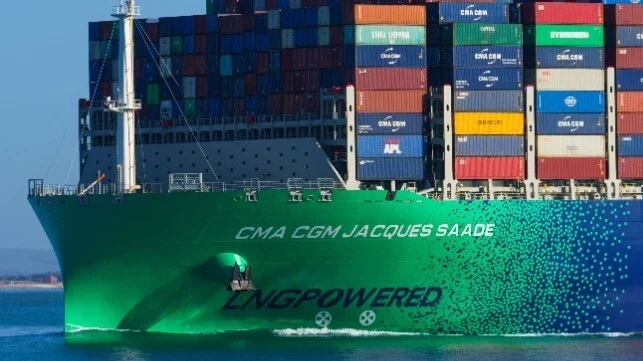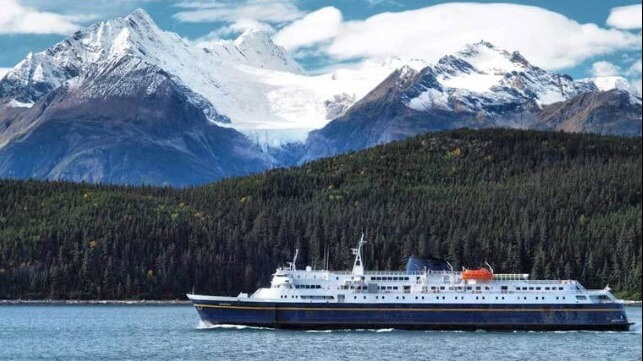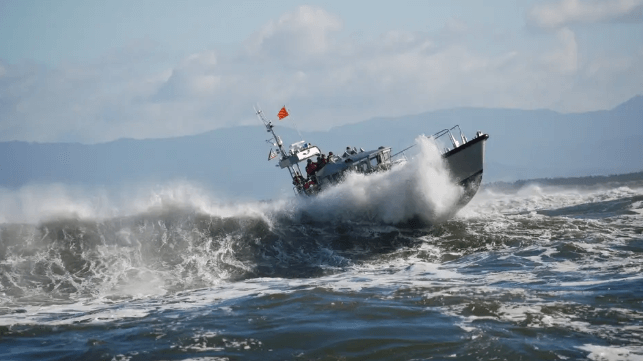Amendments to MARPOL Annex II to strengthen
Amendments to MARPOL Annex II to strengthen, in specified sea areas, discharge requirements for cargo residues and tank washings containing persistent floating products with a high-viscosity and/or a high melting point that can solidify under certain conditions (e.g. certain vegetable oils and paraffin-like cargoes), following concerns about the environmental impact of permissible discharges.
The amendments add new paragraphs to MARPOL Annex II Regulation 13 – Control of discharges of residues of noxious liquid substances, to require prewash and discharge of residue/water mixture generated during the prewash to a reception facility, for specific products, in specified areas (North West European waters, Baltic Sea area, Western European waters and Norwegian Sea)


January 2021 – IBC code, IMSBC code, ESP code1
Adopted by MSC 101:
- A comprehensive set of amendments to the International Code for the Construction and Equipment of Ships Carrying Dangerous Chemicals in Bulk (IBC Code), including the revised chapters 17 (Summary of minimum requirements), 18 (List of products to which the code does not apply), 19 (Index of Products Carried in Bulk) and 21 (Criteria for assigning carriage requirements for products subject to the IBC Code).
- The consolidated edition of the International Maritime Solid Bulk Cargoes Code (IMSBC Code), incorporating amendment 05-19. The 2019 amendments include updates to various schedules, such as new individual schedule for BAUXITE FINES as a Group A cargo, as well as editorial amendments. The amendments are incorporated into a consolidated IMSBC Code, to include all amendments to date, since the IMSBC Code was first adopted in 2008.
- Amendments to the International Code on the Enhanced Programme of Inspections During Surveys of Bulk Carriers and Oil Tankers, 2011 (2011 ESP Code), to update the Code.
1 April 2022
Adopted by MEPC 75:
Amendments to MARPOL Annex VI on sulphur content definition and sampling
- Amendments to Regulation 2 ‘Definitions’, to include new definitions for “Sulphur content of fuel oil” – meaning the concentration of sulphur in any fuel oil, measured in % m/m as tested in accordance with standard acceptable to the Organization; “Low-flashpoint fuel”, to mean gaseous or liquid fuel having a flashpoint lower than otherwise permitted under paragraph 2.1.1 of SOLAS regulation II-2/4; “MARPOL delivered sample”, to mean the sample of fuel oil delivered in accordance with regulation 18.8.1 of MARPOL Annex VI; “In-use sample”, to mean the sample of fuel oil in use on a ship; and “On board sample”, to mean the sample of fuel oil intended to be used or carried for use on board that ship.
- Fuel oil sampling and testing – amendments to Regulation 14 ‘Sulphur oxides (SOX) and particulate matter’, to add new paragraphs related to in-use and onboard fuel oil sampling and testing, to add new paragraphs to require one or more sampling points to be fitted or designated for the purpose of taking representative samples of the fuel oil being used or carried for use on board the ship. The representative samples of the fuel oil being used on board are to be taken in order to verify the fuel oil complies with the regulation.
- Appendix I amendments to the International Air Pollution Prevention (IAPP) certificate – Consequential amendments to update the IAPP certificate to add a reference to sampling points and also to note where there is an exemption to the provision for low-flashpoint fuel.
- Appendix VI on the Fuel verification procedure for MARPOL Annex VI fuel oil samples consequential amendments to verification procedures, to cover verification of the representative samples of in-use fuel oil and on board fuel oil.
1 June 2022
Adopted by MEPC 75:
Amendments to BWM Convention
- Amendments to the International Convention for the Control and Management of Ships’ Ballast Water and Sediments, 2004 (BWM Convention), concerning commissioning testing of ballast water management systems and the form of the International Ballast Water Management Certificate.
1 June 2022 – IMDG Code 40-20
Adopted by MSC 102:
- Amendments to the International Maritime Dangerous Goods Code (IMDG Code) (amendment 40-20) related to segregation requirements for alcoholates; segregation in relation to liquid organic substances; classification and transport of carbon, following incidents involving the spontaneous ignition of charcoal; classification of UN portable tanks for multimodal transport; and provisions for labels.
1 January 2024 – SOLAS records of equipment, FSS code, IGF code, LSA code
Adopted by MSC 101:
- Amendments to the appendix to the annex to the 1974 SOLAS, concerning the addition of a footnote to Forms C, E and P in the Records of Equipment.
- Amendments to chapter 15 of the International Code for Fire Safety Systems (FSS Code), relating to inert gas systems.
- Amendments to parts A and A-1 of the International Code of Safety for Ships using Gases or other Low-flashpoint Fuels (IGF Code), including those relating to regulations on loading limit for liquefied gas fuel tanks, regulations for fuel distribution outside of machinery space, regulations for internal combustion engines of piston type and fire protection for fuel storage hold space; and amendments relating to the protection of the fuel supply for liquefied gas fuel tanks, aimed at preventing explosions.
- Amendments to chapters IV and VI of the International Life-Saving Appliance Code (LSA Code), relating to general requirements for lifeboats and launching and embarkation appliances.
Adopted by MSC 102: safe mooring
- Amendments to chapter II-1 of the International Convention for the Safety of Life at Sea (SOLAS), related to towing and mooring. The amendments to SOLAS regulation II-1/3-8 (Towing and mooring equipment), require appropriate and safe-to-use designs of mooring arrangements and introduce a maintenance and inspection regime, as well as proper documentation. Related guidelines were also adopted, covering the design of mooring arrangements and the selection of appropriate mooring equipment and fittings for safe mooring; and inspection and maintenance of mooring equipment including lines; as well as revised guidance on shipboard towing and mooring equipment.
- Amendments to parts B-1, B-2, and B-4 of SOLAS chapter II-1 related to watertight integrity requirements. The amendments are expected to enter into force on 1 January 2024.
- Amendments to the International Code of Safety for Ships using Gases or other Low flashpoint Fuels (IGF Code), related to the fuel containment systems, fire safety, welding of metallic materials, and non-destructive testing.
- Amendments to the International Code for the Construction and Equipment of Ships Carrying Liquefied Gases in Bulk (IGC Code), related to welding procedure tests for cargo tanks and process pressure vessels.
Reference: imo.org






